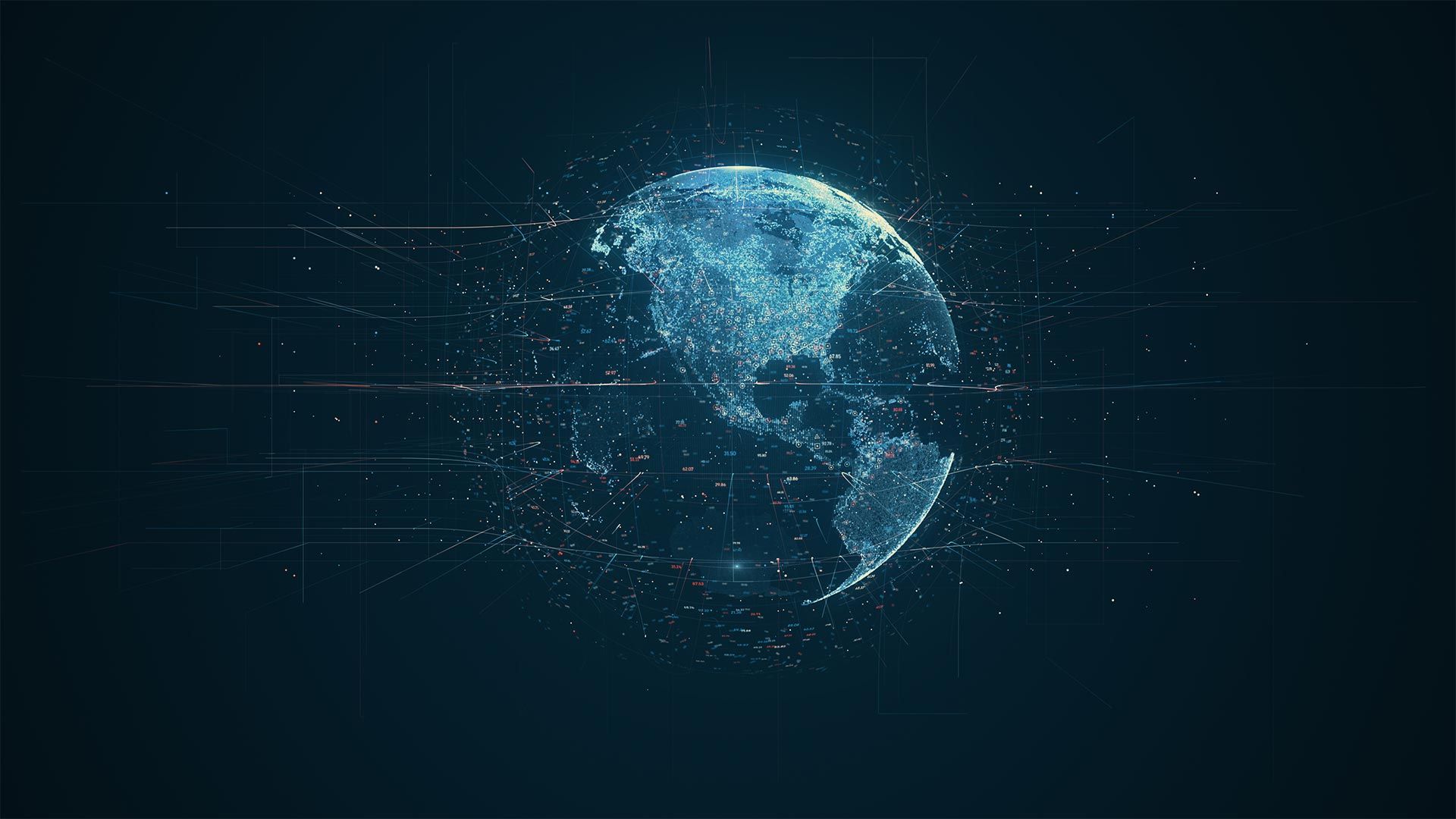So this has potential.
They’re going to start with a writing contest (like Writers of the Future but without the L. Ron), but their ambitions are a lot bigger than that. Have a read.
So this has potential.
They’re going to start with a writing contest (like Writers of the Future but without the L. Ron), but their ambitions are a lot bigger than that. Have a read.
I will be surprised if this book doesn’t take the top spot in my annual roundup this year; it’s beautiful.
For: people who enjoy details about food, don’t mind it being a bit literary and a touch fabulist, and like a gentle, warm, humane tone and witty, wise observation of modern life.
Not for: people who are looking for a gritty techno-thriller heavy on the speculative aspects and the action, or who can’t stand millenial protagonists.
Masha du Toit, I think this would be up your alley.
The project: hook sensors to a car to an AI to a receipt printer, and have it write a road novel as it travels. It’s tempting to dismiss it as a gimmick, and the output as nonsense. But it might be the beginning of something.
https://www.theatlantic.com/technology/archive/2018/10/automated-on-the-road/571345/
Large limitation of the study: it’s not cross-cultural (US only).
The interesting finding was that when the stakes are high, people put more weight on the outcome, whereas when they are low, people assess the morality of the action.
That’s a good principle for authors to bear in mind when thinking about how readers will judge their characters.
Originally shared by Neuroscience News
How People Judge Good From Bad
New research sheds light on how people decide whether behavior is moral or immoral.
The research is in PLOS ONE. (full open access)
In concept, it’s kind of interactive Twitch.
Originally shared by Ninja On Rye
Two people send thoughts to a third person to play a game of tetris in a 3-person brainnet proof of concept.
It’s currently low-bandwidth, but as the description below really captures the wow aspect of this research:
Stocco and his colleagues have created a network that allows three individuals to send and receive information directly to their brains. They say the network is easily scalable and limited only by the availability of EEG and TMS devices.
The techno-thriller practically writes itself.
Originally shared by Winchell Chung
There are some interesting ethical issues on the way.
Originally shared by Singularity Hub
Human Immature Eggs Made From Blood Cells For the First Time
The most interesting stuff to me is buried near the end, with frictionless payment taken to its ultimate extreme: you just go about your life, and payment happens in the background.
This is already true for many of us for things like utility bills, and certainly for subscriptions. It obviously has its risks, if you’re anywhere close to a cash emergency or if you do something expensive without realising it, but because it’s safe enough if you’re living habitually within your means, and it’s super-convenient, I’m sure it will get wide adoption.
Originally shared by Singularity Hub
3 Big Ways Tech Is Disrupting Global Finance

The answer to the headline question appears to be “Yes”.
Originally shared by Singularity Hub
Would Freely-Flowing Data Be A Threat to Freedom or a Scientific Revolution? https://suhub.co/2NbiGtd
News, everybody!
Not just good news, and not just bad news. Just news.
https://www.wired.com/story/inside-secret-conference-plotting-flying-cars/